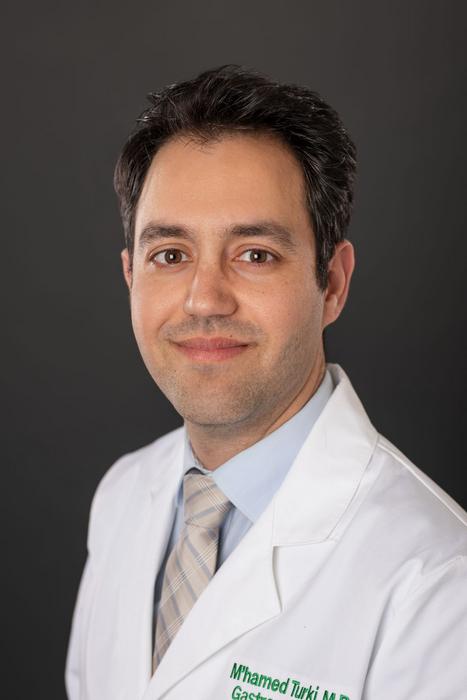HUNTINGTON, W.Va. – Two Marshall University innovators, Brad Profitt, DC, DPT, DScPT, and M’Hamed Turki, M.D., have been selected to participate in the National Institutes of Health (NIH) funded IDeA Regional Entrepreneurship Development (I-RED) Program, facilitated by the XLerator Network.
HUNTINGTON, W.Va. – Two Marshall University innovators, Brad Profitt, DC, DPT, DScPT, and M’Hamed Turki, M.D., have been selected to participate in the National Institutes of Health (NIH) funded IDeA Regional Entrepreneurship Development (I-RED) Program, facilitated by the XLerator Network.
The NIH’s competitive I-RED program supports the creation of educational products to promote entrepreneurship in academic institutions. XLerator Health, a health care accelerator based in Louisville, Kentucky, assists startup founders like Profitt and Turki in commercializing their businesses and attracting funding.
Profitt is a co-founder of Ortho-HAB, LLC and an associate professor at the Marshall University School of Physical Therapy. He has developed KneeXT, a groundbreaking medical device designed to aid in the recovery of knee extension and flexion post trauma, injury or surgery. This innovative technology is designed to restore functional range of motion, enhancing patient outcomes and rehabilitation by complementing the work of the physical therapist in the clinic and empowering patients to take an active role in their recovery at home. As part of his I-RED project, Profitt aims to leverage the expertise of seasoned professionals to bring the device to market, ultimately placing it in the hands of patients.
Turki, a gastroenterology fellow at the Marshall University Joan C. Edwards School of Medicine, has invented an oropharyngeal cannula that attaches to a bite guard. This device facilitates the passage of endoscopes and helps prevent hypoxia during upper endoscopies, enhancing patient safety and procedural efficiency. Initial prototypes have been designed and developed exclusively in West Virginia, in collaboration with Intermed Labs. The oropharyngeal cannula has recently entered the human clinical trial stage under Marshall University IRB Study #2182501-2. Through the I-RED program, Turki plans to transition the device from the lab to the market, effectively addressing a specific patient need.
Profitt and Turki are two of 20 participants across eight teams selected to participate in the 2024 I-RED program.
These selections highlight Marshall University’s commitment to fostering research and innovation across the health sciences that advances technologies and contributes to the future of medical science.
###





